HIV prevention work at home in West Africa led to a PhD program in epidemiology in Northern California
Ousseny Zerbo, PhD, studies infectious diseases, vaccines, and autism at the Division of Research in Northern California. It’s a long way from where he started out, as a biology teacher in his home country of Burkina Faso in West Africa. Zerbo made the journey in 2000, along with his U.S.-born wife, who had been a Peace Corps volunteer in Burkina Faso.
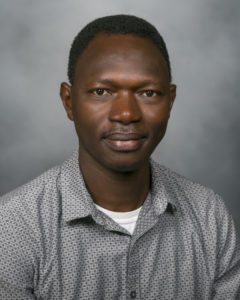
Long journeys aren’t really new to Zerbo, who left his family in a rural farming village at age 7 to join an older brother and attend school in Ouagadougou, the nation’s capital. He ultimately received a bachelor’s degree in biology and was assigned to a remote village to teach biology to junior high students. He began working on public health projects while there.
Zerbo’s experiences working one-on-one with young people and villagers to reduce rates of teenage pregnancy and HIV continue to influence his research on ways to reduce the burden of infectious disease on vulnerable groups.
Zerbo, who has a PhD in epidemiology from UC Davis, described his journey.
What was it like growing up and being educated in Burkina Faso?
Zerbo: I came from a large family of farmers in a remote village, and most did not go to school. When I was young, I left the village to go and live with my older brother, who had gone to the capital to become a teacher. I was 7 years old when I left. I was interested in school, and knew I had to study hard.
Burkina Faso has a French-style education system and there are very difficult, competitive national exams you have to pass to get to the next level, from elementary to secondary and to college. At every level there are many people who drop out of school. The high school exit exam was the hardest exam I’ve ever taken in my life. Only 3 people of the 53 in my class passed, and I was one of them. It’s a way for the government to limit how many people get into college, because the government pays for university.
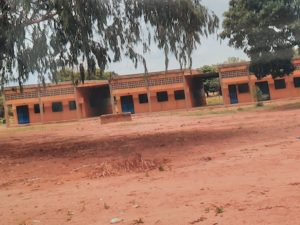
In high school I liked math, physics, and biology, and studied biological science at university. I took a national test to become a teacher and at the end of my training, the government sent me to the farthest village from the capital city, 12 hours away, and assigned me to teach 7th and 8th graders biology, which took only 6 hours per week.
How did you get involved with public health?
Zerbo: I had some free time in that first teaching job and was recruited by the local medical center on an HIV prevention campaign. We would go from village to village to try to explain to people how you contract HIV.
I had also noticed a high rate of pregnancy among the junior high students I was teaching and reached out to a Peace Corps volunteer who was working as a health educator in the village. Together we designed a family life education program in the school, and at the end of the second year we saw a decrease in teen pregnancy. I was very pleased because this was at the height of the HIV/AIDS epidemic, and unprotected sex can lead to STDs and HIV.
How did you come to the U.S. and end up studying epidemiology?
Zerbo: The Peace Corps volunteer I worked with ended up becoming my wife, and she was from Northern California and wanted to come home. It was a hard move because I was just starting my career. Also, I knew very little English, as French is the education language in Burkina Faso, and so I knew French and a few other local languages. I went to community college in Sacramento, California, to learn English when I first arrived, and got a job in a laboratory collecting research data on mice.
At the lab I became curious about what happened to the data I was collecting. That
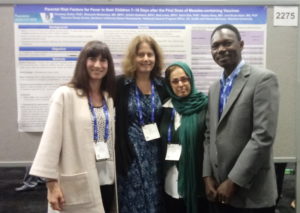
brought me to the University of California, Davis and talking to professors there. Luckily I met someone who had traveled to Africa and knew some of the issues people are facing. He became my mentor and helped me get into the epidemiology PhD program.
How did you come to DOR and what are you working on now?
Zerbo: I did my PhD dissertation on maternal infections and risk of autism. A few months before completing my PhD, I interviewed with Lisa Croen, who directs DOR’s Autism Research Program, for a staff scientist position. I was not selected but she offered me a one-year post-doctoral position with the possibility to extend if I was willing to write a diversity supplement grant with her. We wrote the proposal together — which was funded — and I spent the next 4 years working on Lisa’s team.
When I was growing up in Burkina Faso, the rates of diseases such as malaria, measles, and some gastrointestinal diseases were still very high and continue to affect a large proportion of the population today. Growing up, I would often have 2 episodes of malaria each year. So that kind of pushed me in the direction of infectious disease and vaccine work.
When my postdoc was coming to an end, DOR’s Vaccine Study Center had a postdoc position open that I applied for even though it meant doing a second postdoc. I was later made a staff scientist and then a research scientist.
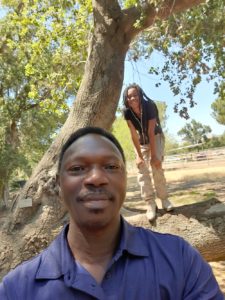
One of my current projects is related to the effectiveness of maternal vaccination during pregnancy to protect the baby. I have also submitted a grant proposal to NIH to look at COVID-19 vaccination during pregnancy to learn if the vaccine protects the infant. I’m also studying the use of anti-inflammatory medication, known as biological response modifiers, during pregnancy and whether children exposed in-utero can later get live-attenuated vaccines in the first 6 months of life. The current advice in Canada and Europe is that they cannot, and it would be good if we can show that there is not a safety issue so these children can be fully vaccinated on time.
What do you like to do in your free time?
Zerbo: I like to spend time with my family taking small trips. Coming from a farming family, I enjoy gardening. Every year I have a small summer vegetable garden, where I grow tomatoes, cucumbers, and eggplant.
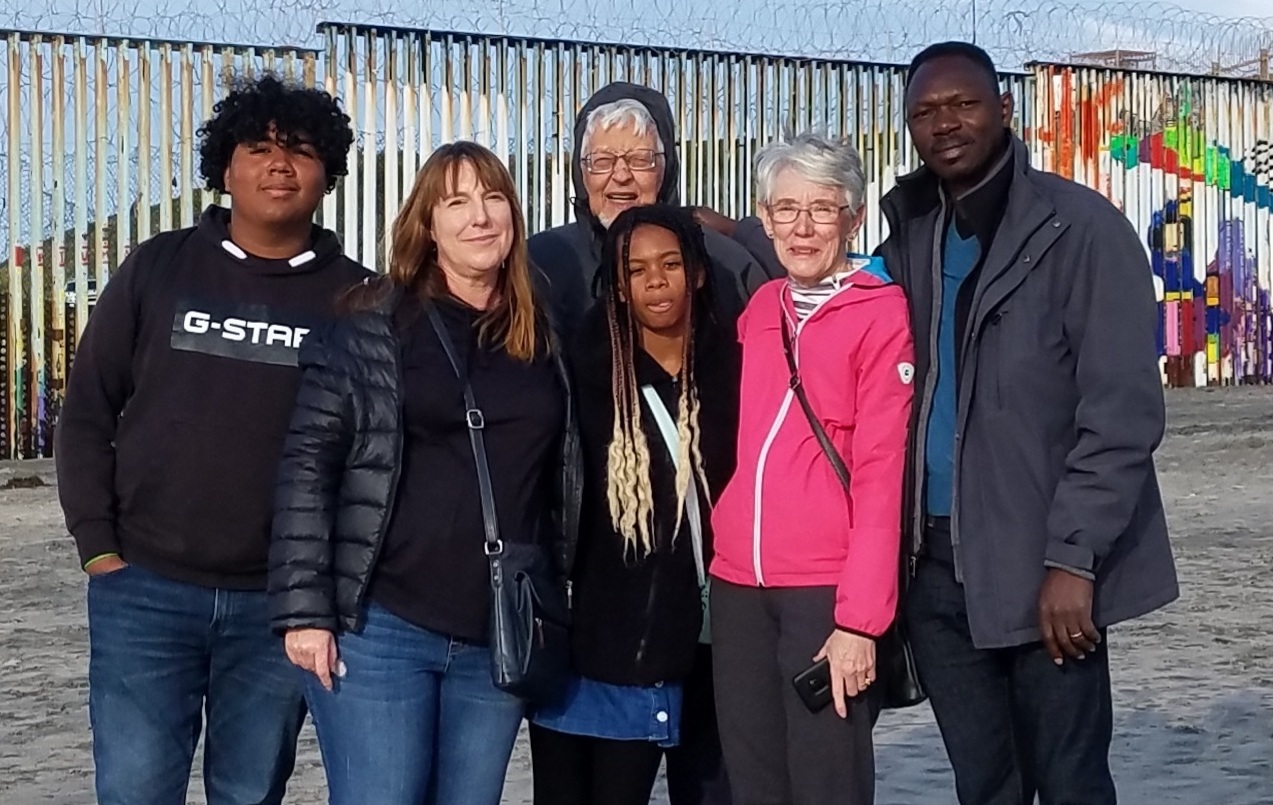

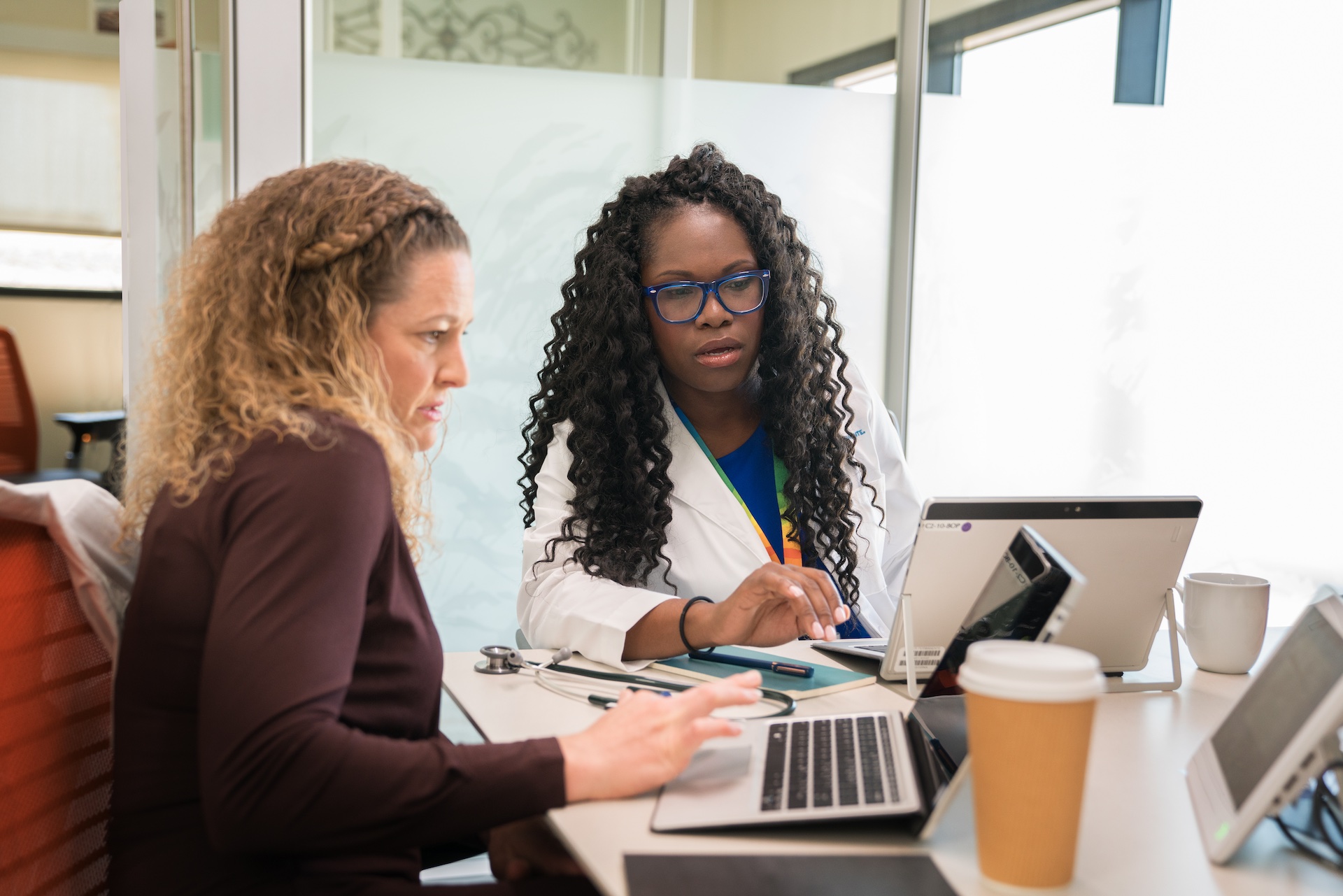

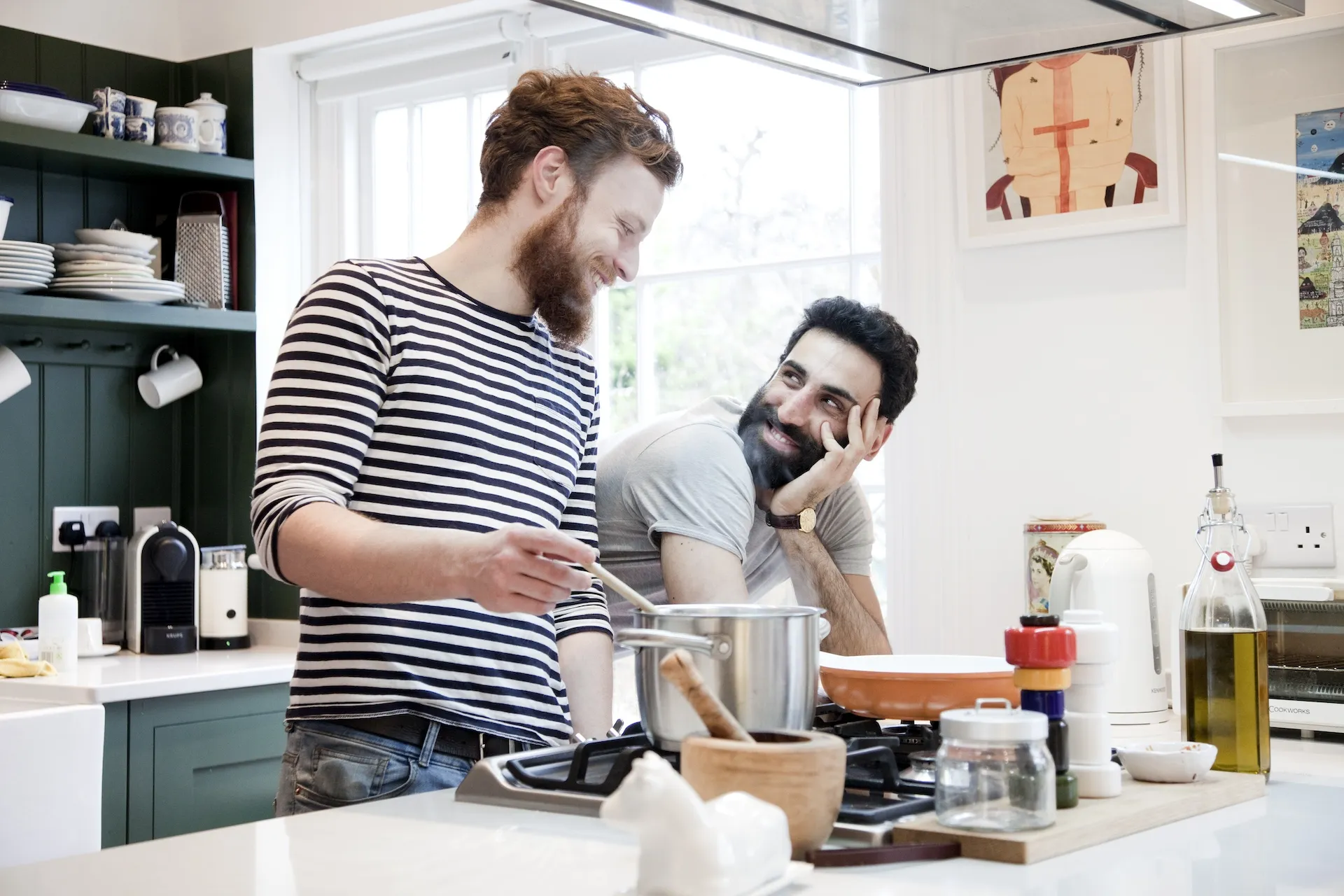
This Post Has 0 Comments